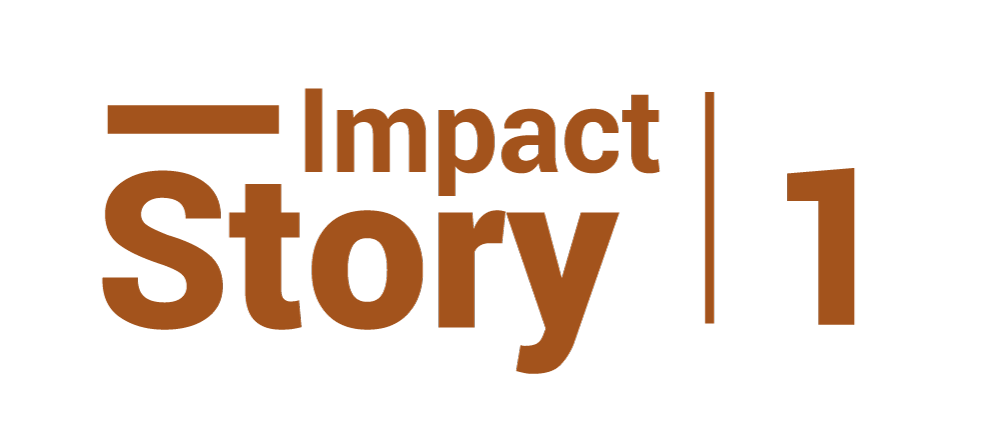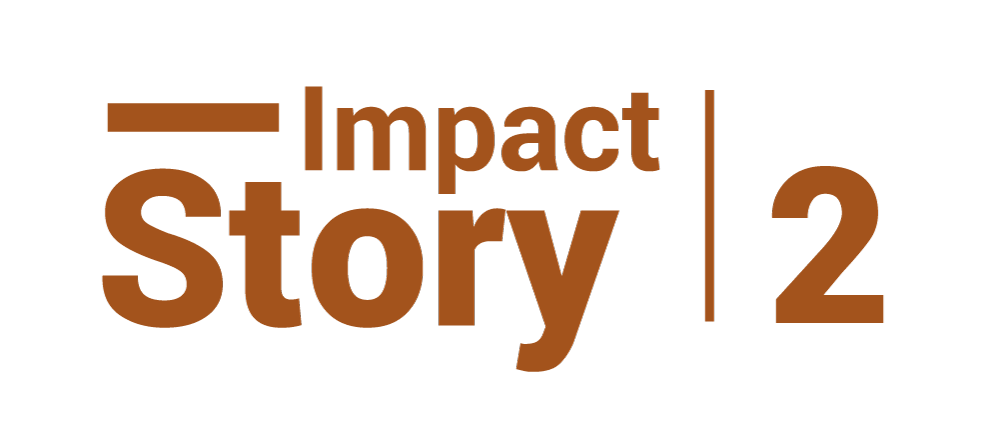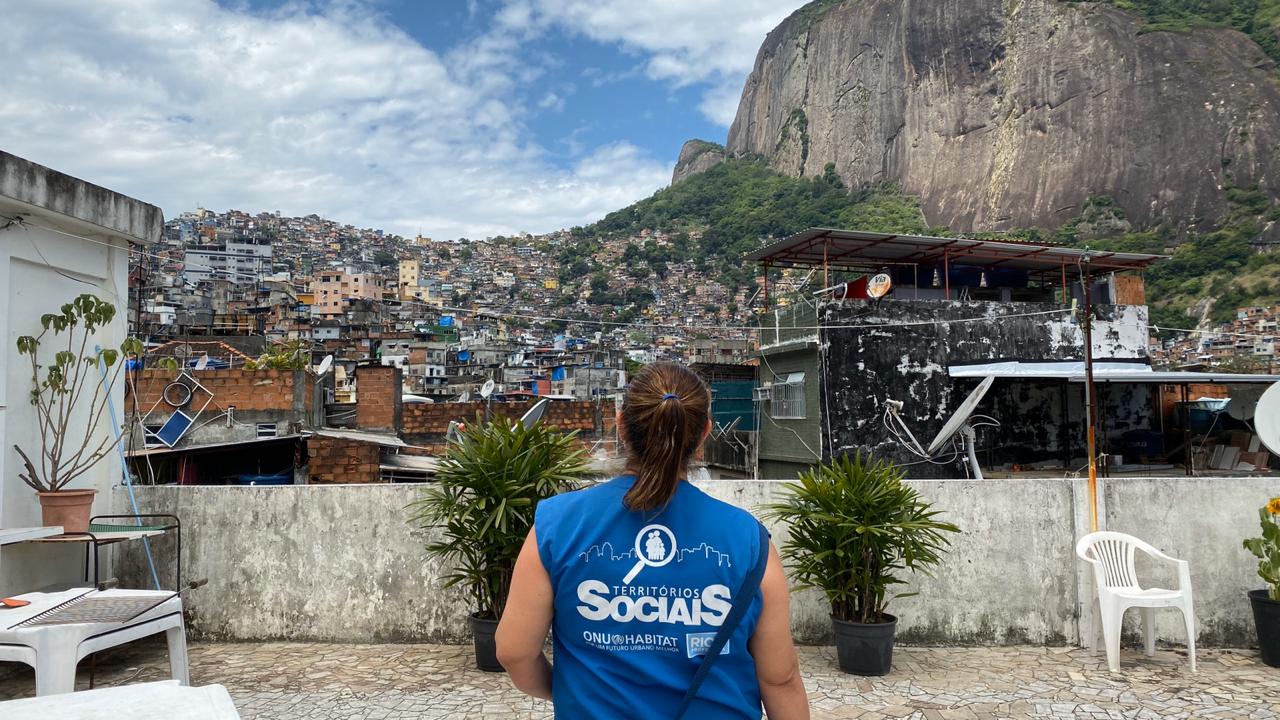Reduced spatial inequality and poverty in communities
across the urban-rural continuum
UN-Habitat helped reduce spatial inequality and poverty in communities by improving planning and
policymaking, supporting urban regeneration and increasing equal access to basic services, sustainable
mobility, public space, secure land tenure and adequate and affordable housing.
In 2020, UN-Habitat carried out 22 field projects that resulted in sustainable mobility solutions, safe and
inclusive public space, improved air and water quality, and improved sanitation, energy and solid waste
management. It produced publications and technical advice and hosted dozens of workshops and
seminars alongside outreach activities to improve planning and laws, housing, slum upgrading,
brownfield site rehabilitation and innovative land financing.
Increased and equal access to basic services, sustainable mobility and public space
UN-Habitat’s interventions and support for the provision of safe, inclusive and accessible public spaces,
basic services and sustainable mobility provided a lifeline to countless people and communities during
the COVID-19 global health crisis that disproportionately affected the most vulnerable people and urban dwellers.

Rehabilitating public space to
increase
access for all in Iraq
Effective settlements growth and regeneration
UN-Habitat’s work focused on urban regeneration – particularly as the COVID-19 pandemic highlighted
spatial inequality – resulting in slum upgrades, rehabilitation of brownfield sites and urban riverine
areas, and urban recovery from a crisis. It also developed local and national policies on urban heritage, historical landscape and culture.

Access to land and tenure security in Nepal

